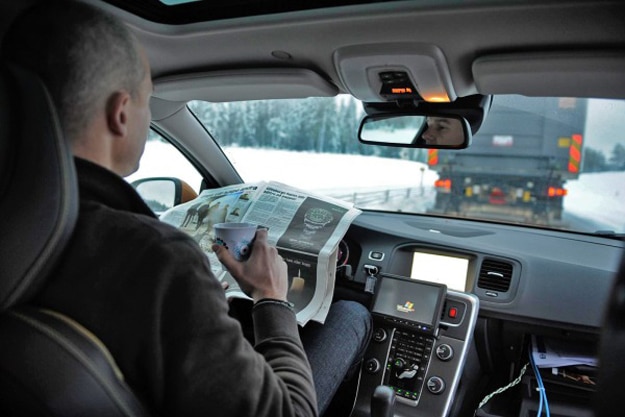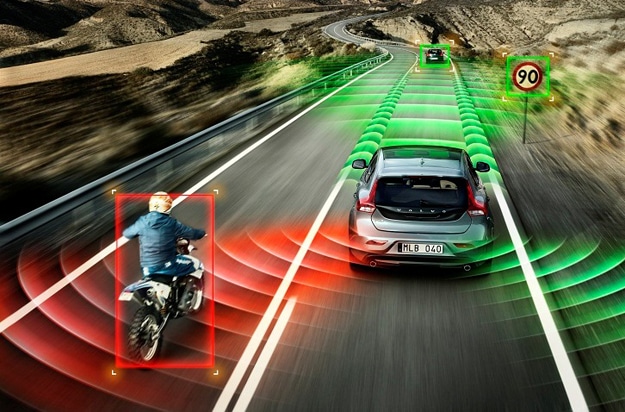I don’t think anyone has managed to escape the fact that more and more technology is entering our vehicles these days. We have all seen it and wondered if it really works, if we can rely on it and of course if we can even trust it. In an article from an Australian automotive website, it is claimed that the abundance of in-car technology with which all modern cars are equipped has the potential to cause ‘major traffic jams’ and other inconveniences, it could even ‘endanger your life.’
These are all claims concerning in-car technology that of course would scare anyone from ever getting into a new car ever again. With all the craziness that is going on in the automotive industry these days one can certainly start to wonder if these claims should be taken seriously. With innovation comes automation and it’s not necessarily a good thing some would argue.
So is there any truth in this?
It is certainly true that machines can fail and computer systems are no different. Since cars are very much on their way to becoming ‘computers on wheels’ as this USA Today article from 2012 contends, there has been and will doubtlessly continue to be problems with in-car technologies and computer systems in cars.
This BBC article suggests that satellite navigation systems can actually impair driving while the author of the aforementioned Drive.com.au article complains about the central-locking system of his Porsche failing and locking him inside. Meanwhile, another BBC article reported recently that Toyota had to recall 1.9 million of its hybrid vehicles because of a general software fault.
Sure enough, windscreen wipers have been known in rare cases to activate suddenly, and sat-nav can give inaccurate or elongated information to its users. More serious perhaps is the concern that the increasingly autonomous nature of technology is a problem. In the case of Autonomous Emergency Braking (AEB) and self-driving cars, it is not difficult to understand concerns related to legalities i.e. attribution of blame in the event of a crash and the possible dangers of self-driving cars. Admittedly it is unlikely that we see the plot from the Terminator films being played out in the near future. However, in-car technology will continue to get even more advanced so the only the future will tell how much in-car technology we will actually incorporate into our cars.
“We have seen an increase in demand for cars packed full of technology, with buyers looking for not just gadgets but technology that makes driving safer” – Stephen Jury, Motors.co.uk
In-Car Technology Saves Lives
As part of its Stop the Crash campaign, Thatcham Research Centre recently lobbied the Treasury at Westminster to give a £500 cash incentive to any car buyer that specifies AEB, on the basis that the computer-based technology saves lives. Under the scheme, Thatcham says that it would like to see the entire car fleet equipped with AEB by 2025. Data collected by the UK Department of Transport has shown that 90% of crashes on our roads are due to human error/distraction and that the average number of deaths has been reduced. As you can see, it is undoubtedly hard to determine whether in-car technology is a threat to us or actually making our cars safer.
Images courtesy of Inhabitat & Edmunds


COMMENTS